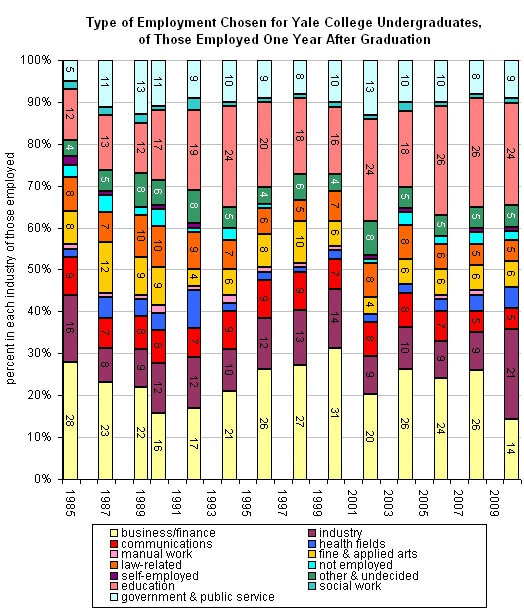
Here are answers to 5 common questions about AP exams, AP score reports, and how AP scores affect college admissions chances.
(1) Do AP scores matter when applying to top colleges?
Yes. AP scores demonstrate proficiency in a subject that has been standardized in a way that can be used to evaluate candidates across the country. It used to be expected that for schools like Stanford/MIT/Ivies, applicants should have at least half a dozen AP scores with 4’s and 5’s (assuming that their high school offered them).
However, low AP exam scores are not necessarily bad, as will be explained below.
(2) What is the distribution of AP exam scores?
In 2018, the distribution of AP exam scores for all exams was as follows. (Data taken from this Tableau visualization)
STEM Exams

Arts & Humanities Exams

Language Exams

Social Sciences Exams

(3) Does having mostly AP scores of 3's and 4’s hurt my college admissions chances?
Yes, if that’s the best you have to offer. An AP Score of 3 or 4 will likely not get you any college credit or respect at a top school like Stanford/Ivies/MIT.
A score of 5 may not either — top colleges like to think that their courses are more rigorous than APs and thus should not be passed out of, and earning a 5 is simply expected for top admits.
(4) Since I can self-report by AP exam scores, do I have to report all of my scores to colleges or do I not have that obligation? Will low AP scores hurt my chances?
You can save yourself from low AP exam scores by simply choosing to NOT self-report your 3’s.
Colleges ask you to self-report scores for a reason. If you were expected to submit all of your exam scores, then colleges would simply make reporting mandatory, just as they already do for the SAT/ACT.
Top colleges will let you self-report your AP scores. Take advantage of that and don’t report scores that you don't want to share. Including 3’s will weaken your application to a school like Stanford.
Only a year ago, this would not have been the case. Schools would have read your omission of AP scores as suspicious.
However, things are different in 2020 because of COVID-19. Schools are much more understanding of students who report fewer AP scores this cycle.
But don’t take my word for it.
Here is Yale’s Dean of Admissions Jeremiah Quinlan on the matter:
Students who have completed AP Exams, IB Exams, or AICE Exams prior to submitting their applications may opt to self-report scores in the application, but there is no expectation that students enrolled in academic-year courses associated with any of these tests complete exams in spring or summer 2020.”
And Dartmouth’s Dean of Admissions Lee Coffin :
At Dartmouth, we will welcome any testing element a student chooses to share—the SAT, the ACT, a subject test, an AP score—or none at all.
Our admission committee will review each candidacy without second-guessing the omission or presence of a testing element.
And an official statement from Columbia’s Admissions Office :
Advanced Placement (AP), International Baccalaureate (IB), SAT Subject Test and other proficiency exam scores are not required by Columbia, but we will accept your results if you choose to submit them in the testing section of your Common Application or Coalition Application. Optional SAT Subject Test scores can also be submitted on the Columbia application status page after you have applied.
You will not be at a disadvantage should you choose not to take these optional tests or submit the scores to Columbia.
(5) How do I know which AP scores I should report? Don't schools have different standards for what they consider a "good" or "bad" score?
Here’s a quick method for determining whether you should submit your score to a specific school or not (Stanford is shown below).
First, go to the College Board's AP Credit Checker here.
Second, type in the college to which you’re applying. The website will pull up a list of every AP exam and the school’s policy on granting academic credit for that exam.
Third, look at the Min Score Required column of results. This tells you the minimum score needed for that college to give you academic credit for taking that AP.
If your AP score is below this threshold, then you probably should not report it. You should only self-report scores that make you look smart.
(6) How prestigious is the "AP Scholar with Honour" award? Will it increase my chances of getting into a top college in the US?
Let’s do some math. According to The College Board, in 2019 the following numbers of students received AP Scholar awards (listed in increasing prestige):
- AP Scholar: 305,822 students
- AP Scholar with Honor: 128,491 students
- AP Scholar with Distinction: 219,925 students
The “AP Scholar with Honor” is the 2nd most prestigious AP merit award.
That means that every year, 348,416 students will receive an AP Scholarship award that is equivalent to or more prestigious than your AP Scholar with Honor award.
According to The College Board, the “AP Scholar with Honor” is given to students who fulfill this criterion:
Granted to students who receive an average score of at least 3.25 on all AP Exams taken, and scores of 3 or higher on four or more of these exams
The College Board used to give out 10 AP-based merit awards. However, in an effort to “reduce the burden on students, the AP Program is discontinuing awards that encourage students to take large numbers of exams” starting in 2021.
These are marked with asterisks in the chart below:
And the State AP Scholarships were also discontinued:












